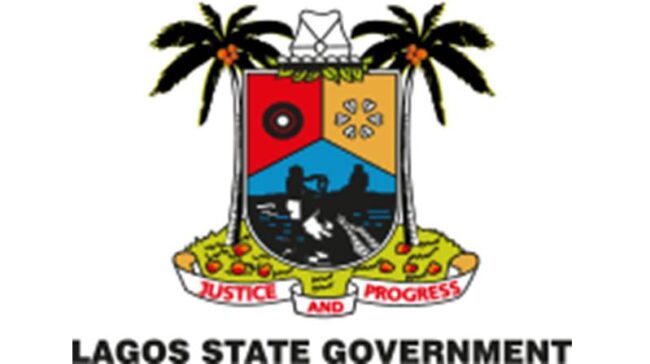The Girls Voices Initiative (GIV), a programme of Action Health Incorporated (AHI), on Thursday urged Lagos State Government to improve facilities in schools toward aiding menstrual hygiene for adolescent girls.
The GIV Girls Leader, Miss Ayomide Ajibola, made the plea during a virtual meeting on “Improving Menstrual Hygiene Management in Public Schools’’ in Lagos.
The News Agency of Nigeria (NAN) reports that GVI programme is a leadership and advocacy programme that builds the capacity of adolescent girls ages 10 to 19 to lead advocacy efforts on issues that affects them.
Ajibola said that a survey conducted by GVI in 13 schools in Lagos Education District 3, in February and March showed that many schools lacked proper Water, Sanitation and Hygiene (WASH) infrastructure that are ‘girl-friendly’.
“Girl-friendly toilet facilities maximise privacy, are clean, properly lit, have flowing water and space for drying menstrual absorbent materials,” she said.
According to her, 46 per cent of the schools have broken toilet doors; 38 per cent have unclean water and about 10 out of 13 school toilets do not have soap and disinfectant.
“About 35 per cent of the girls do not use the toilets till they get back home because of the unhygienic condition.
“About 25 per cent of girls reported that they are unable to use the toilet when they want to because it is locked, and this poses a huge challenge during their menstrual period,” she said.
Similarly, Miss Jesusdabira Jegede, said that menstruation and menstrual practices still faced many social, cultural and religious restrictions which were a big barrier in the path of menstrual hygiene management.
Jegede added that information on menstrual hygiene management in Nigeria was limited.
On solutions to the issues surrounding menstrual hygiene management in schools, Miss Sabdat Nasir, another GVI Girls Leader, said that menstrual hygiene matters, not just to women and girls who were menstruating, but to the whole society as well.
According to her, menstruation matters to education and progress.
Nasir said that when schools have the right facilities and education materials, they could help girls to manage their menstruation with pride and dignity.
“This will contribute to better education, gender equality and health outcomes,” she said.
Nasir emphasised that handwashing facilities with soap; sanitary products/disposal mechanisms (in light of increasing pad use and need for disposal systems), and hygiene education should be strengthened in many schools.
Responding, Mrs Rita Kienka, District Officer, Education District III, said that presently, water was running in almost all schools in the district.
Kienka said that the state government had enhanced WASH system and improved toilet facilities in all schools in the state, as part of its measures to protect the students against COVID-19 infection.
She said that with the measures put in place by the government, menstrual hygiene management in schools would be convenient and hygienic for girls.
Earlier, Mrs Taiwo Akinlabi, Principal, Eko Akete Junior High School, commended the state government for the various pre-school resumption requirements and guidelines it put in place through the Ministry of Education.
Akinlabi said that government also made funds available to the school managers for proper preparations for re-opening of schools.
She said that the measures would impact positively on girl’s menstrual hygiene.



